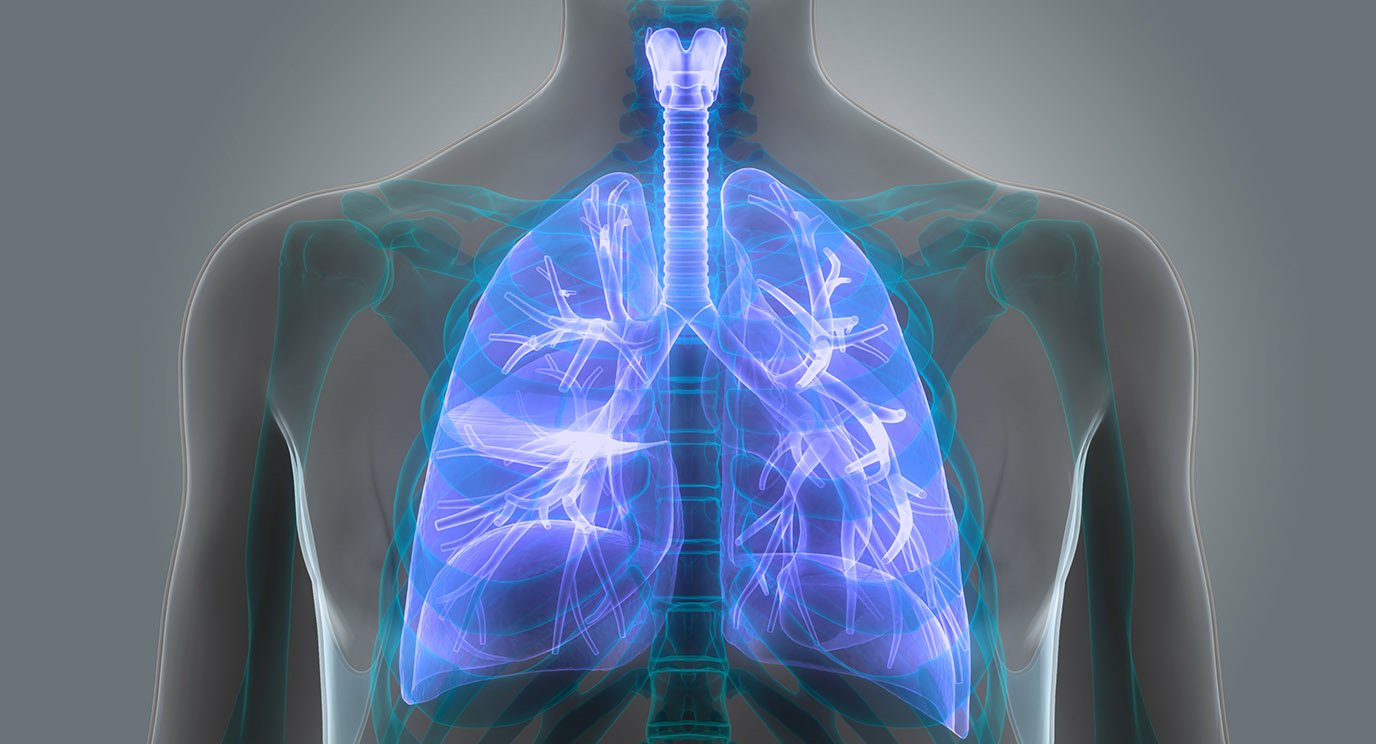- Diseases
- Acoustic Neuroma (14)
- Adrenal Gland Tumor (24)
- Anal Cancer (68)
- Anemia (2)
- Appendix Cancer (16)
- Bile Duct Cancer (26)
- Bladder Cancer (72)
- Brain Metastases (28)
- Brain Tumor (232)
- Breast Cancer (714)
- Breast Implant-Associated Anaplastic Large Cell Lymphoma (2)
- Cancer of Unknown Primary (4)
- Carcinoid Tumor (8)
- Cervical Cancer (158)
- Colon Cancer (166)
- Colorectal Cancer (116)
- Endocrine Tumor (4)
- Esophageal Cancer (44)
- Eye Cancer (36)
- Fallopian Tube Cancer (8)
- Germ Cell Tumor (4)
- Gestational Trophoblastic Disease (2)
- Head and Neck Cancer (12)
- Kidney Cancer (128)
- Leukemia (342)
- Liver Cancer (50)
- Lung Cancer (286)
- Lymphoma (278)
- Mesothelioma (14)
- Metastasis (30)
- Multiple Myeloma (100)
- Myelodysplastic Syndrome (60)
- Myeloproliferative Neoplasm (4)
- Neuroendocrine Tumors (16)
- Oral Cancer (100)
- Ovarian Cancer (172)
- Pancreatic Cancer (160)
- Parathyroid Disease (2)
- Penile Cancer (14)
- Pituitary Tumor (6)
- Prostate Cancer (146)
- Rectal Cancer (58)
- Renal Medullary Carcinoma (6)
- Salivary Gland Cancer (14)
- Sarcoma (238)
- Skin Cancer (296)
- Skull Base Tumors (56)
- Spinal Tumor (12)
- Stomach Cancer (64)
- Testicular Cancer (28)
- Throat Cancer (92)
- Thymoma (6)
- Thyroid Cancer (96)
- Tonsil Cancer (30)
- Uterine Cancer (80)
- Vaginal Cancer (16)
- Vulvar Cancer (20)
- Cancer Topic
- Adolescent and Young Adult Cancer Issues (20)
- Advance Care Planning (10)
- Biostatistics (2)
- Blood Donation (18)
- Bone Health (8)
- COVID-19 (362)
- Cancer Recurrence (120)
- Childhood Cancer Issues (120)
- Clinical Trials (630)
- Complementary Integrative Medicine (22)
- Cytogenetics (2)
- DNA Methylation (4)
- Diagnosis (232)
- Epigenetics (6)
- Fertility (62)
- Follow-up Guidelines (2)
- Health Disparities (14)
- Hereditary Cancer Syndromes (126)
- Immunology (18)
- Li-Fraumeni Syndrome (8)
- Mental Health (116)
- Molecular Diagnostics (8)
- Pain Management (62)
- Palliative Care (8)
- Pathology (10)
- Physical Therapy (18)
- Pregnancy (18)
- Prevention (914)
- Research (392)
- Second Opinion (74)
- Sexuality (16)
- Side Effects (604)
- Sleep Disorders (10)
- Stem Cell Transplantation Cellular Therapy (216)
- Support (402)
- Survivorship (320)
- Symptoms (182)
- Treatment (1786)
5 changes MD Anderson made to improve the patient and caregiver experience this past year
BY Katie Brooks
4 minute read | Published December 18, 2024
Medically Reviewed | Last reviewed by an MD Anderson Cancer Center medical professional on December 18, 2024
At MD Anderson, we are committed to exceptional patient care and research each day. That drive to care for patients and their families goes beyond treatments and clinical trials. We want each patient to have the best experience possible, and we made many improvements during this past fiscal year to do just that.
Here are a few of them.
1. Pre-intake navigation helps patients understand their care options
When potential patients reach out to MD Anderson for the first time, they are understandably fearful and anxious about their cancer diagnosis. This is especially true for individuals who are uninsured, underinsured or whose referrals are incomplete. They need additional guidance navigating the complex worlds of insurance and financial assistance.
“When confronted with a cancer diagnosis, a certain level of control in your life is lost,” says Cathleen Hernandez-Vita, manager of MD Anderson’s Pre-Intake Navigation Program, which launched September 2023.
Hernandez says the Pre-Intake team is made up of non-clinical health information specialists who help educate patients, giving them the knowledge and power to determine the best way for them to access care.
The Pre-Intake team partners with Patient Access and Financial Clearance Center, which focuses on helping new patients. Patient access representatives work with patients and clinical teams to schedule the new patient appointment, handle intake process details, manage registration and prepare new patients for their first MD Anderson experience with their care team.
2. Supporting patients during their hospital stays
Staying in the hospital is common part of treatment and can be stressful experience, especially when patients are away from home and not feeling well. Thanks to the launch of our inpatient navigation program, case manager navigators are all on units to give hospital patients additional support, partner with other members of their care team and enhance their overall experience.
That’s where Mabel Ortiz comes in.
In September 2023, she began her new role as a case manager navigator providing acute navigation on G22 after completing an evidence-based comprehensive Oncology Patient Navigator training. As a case manager navigator, she provides proactive clinical support and care coordination throughout a patient’s hospital stay, from admission to post-discharge.
“We are taking a more holistic, proactive approach that fully engages patients and families in their care,” says Ortiz.
This new model of care is already having an impact, as patient experience scores have improved significantly on her unit since the model launched in 2024. Hospital-wide patient satisfaction has increased, too, specifically in the areas of care transitions and understanding discharge instructions.
3. A space to create and unwind
The Art Space for Patients & Caregivers opened last year at the Texas Medical Center (TMC) Campus and offers a calming space for patients and caregivers of all ages to rest and explore creativity. With the help of volunteers and staff, patients and caregivers enjoy instructor-led classes, self-directed art or virtual tutorials. Art-to-go kits are available, and all supplies are free.
4. Providing care in new facilities
As part of our continued focus on providing world-class cancer care closer to home and meeting patients where they are, Northwest Houston Surgical and Specialty Care opened to patients in December 2023.
Located at 9922 Louetta Rd., this is MD Anderson’s first care center in the growing area of Houston near Tomball and Cypress.
This new outpatient facility has three operating rooms, offering additional access to surgical care outside the Texas Medical Center. It also frees up operating rooms for patients needing surgery at MD Anderson’s TMC Campus.
The Northwest Houston team performs outpatient surgeries and procedures for:
Since opening, teams have performed more than 1,450 surgeries while earning high patient experience scores in their first full year.
The Proton Therapy Center 2 opened January 2024. Located at 1840 Old Spanish Trail, this new location helps bring more access to patients who need proton therapy with an additional synchrotron, the massive accelerator that creates the proton beam, as well as four treatment rooms with improved design features like adjustable lighting, relaxing music and a customizable treatment experience. It features a dedicated pediatric bay in the Post Anesthesia Care Unit, as well as a pediatric waiting room in the lobby.
5. Expanding patients’ food options
The Food and Nutrition Services team takes pride in elevating food options for our patients, caregivers and employees.
Last year, they worked with clinical dietitians to launch a new plant-based menu that patients and guests can order from during their hospital stay or in retail dining locations. Breakfast, lunch, dinner, dessert and snack items are offered in vegan and vegetarian options.
Food and Nutrition Services Operations Director Mohammad Tekrouri says, “Our chefs are changing the reputation of hospital food. Part of that includes making sure we are reimagining our culinary offerings to meet the demand for a variety of patient and customer food preferences.”
Kirsti Clifford, Maggie Galehouse and Ramonica Luckett also contributed reporting to this article.
Request an appointment at MD Anderson online or call 1-833-912-2225.
Related Cancerwise Stories

Our chefs are changing the reputation of hospital food.
Mohammad Tekrouri
Food and Nutrition Services Operations Director






